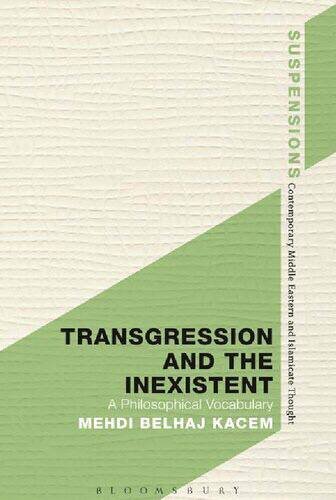

Egress: On Mourning, Melancholy and Mark Fisher
Private Book Reader
Access your private PDF books securely. Upload and enjoy reading your personal collection anytime.
Read Your Private BookShort Audio Book Summary
Egress: On Mourning, Melancholy and Mark Fisher Summary
0:00 / 0:00Reviews
No review yet. Be the first to review this book!
Description
Egress: On Mourning, Melancholy and Mark Fisher by Matt Colquhoun is a profound exploration of the intellectual legacy and emotional impact of cultural theorist Mark Fisher. Fisher, whose work grappled with the psychological and cultural dimensions of late capitalism, became a vital voice in contemporary philosophy and critical theory before his tragic death in 2017. In Egress, Colquhoun weaves together personal reflection, philosophical inquiry, and cultural analysis to examine both Fisher’s ideas and the sense of collective loss that followed his passing. The book’s title, "Egress," refers to Fisher's concept of finding an exit—or an "egress"—from the oppressive structures of capitalist realism, a term Fisher famously coined to describe the pervasive belief that there is no alternative to capitalism. Colquhoun uses this concept as a framework to explore mourning and melancholy, not only as emotional experiences but as political and philosophical challenges. Through engaging with Fisher’s writings on mental health, hauntology, and popular culture, Colquhoun reflects on the difficulties of imagining a future beyond the limitations imposed by neoliberal ideology. At its core, Egress is both a tribute to Fisher’s life and a continuation of his intellectual project. Colquhoun delves into Fisher’s influence on a generation of thinkers and activists, while also confronting the personal and communal grief that his absence has left behind. The book is as much about healing and remembrance as it is about critical theory, offering a space to mourn but also to imagine new possibilities for resistance and hope. Colquhoun’s writing is deeply personal yet intellectually rigorous, blending memoir with theoretical reflection. Egress invites readers to consider how we process loss—whether personal or political—and how we might carry forward the work of those who have profoundly shaped our understanding of the world. It is an intimate and thoughtful meditation on what it means to mourn, to remember, and ultimately, to seek a way out of despair toward something radically different.





















.jpg)

.jpg)



















.jpg)

.jpeg)




.jpg)








.jpeg)

.jpg)

.jpeg)

.jpeg)

.jpg)



.png)








.jpg)








.jpeg)


.jpg)













































